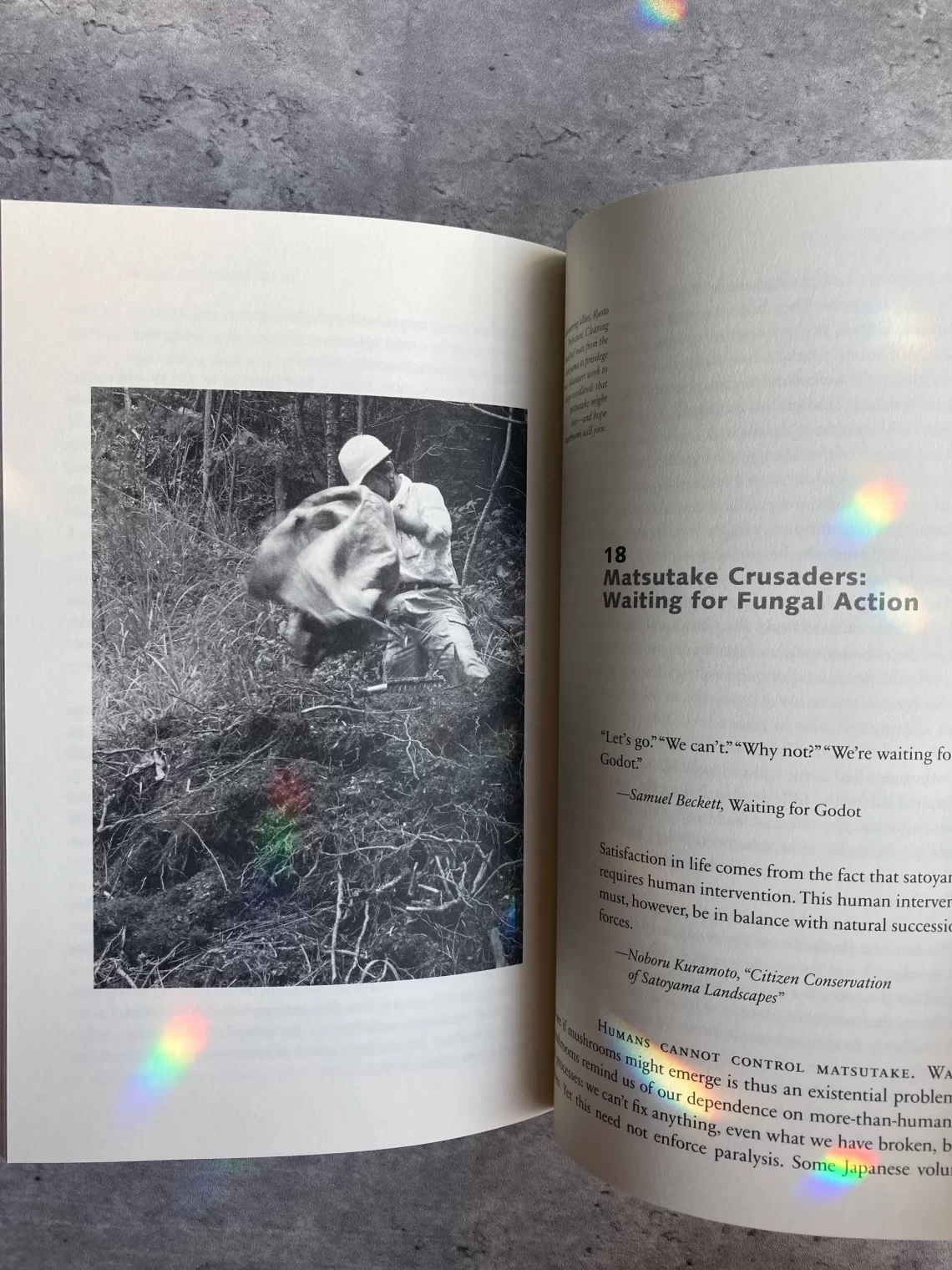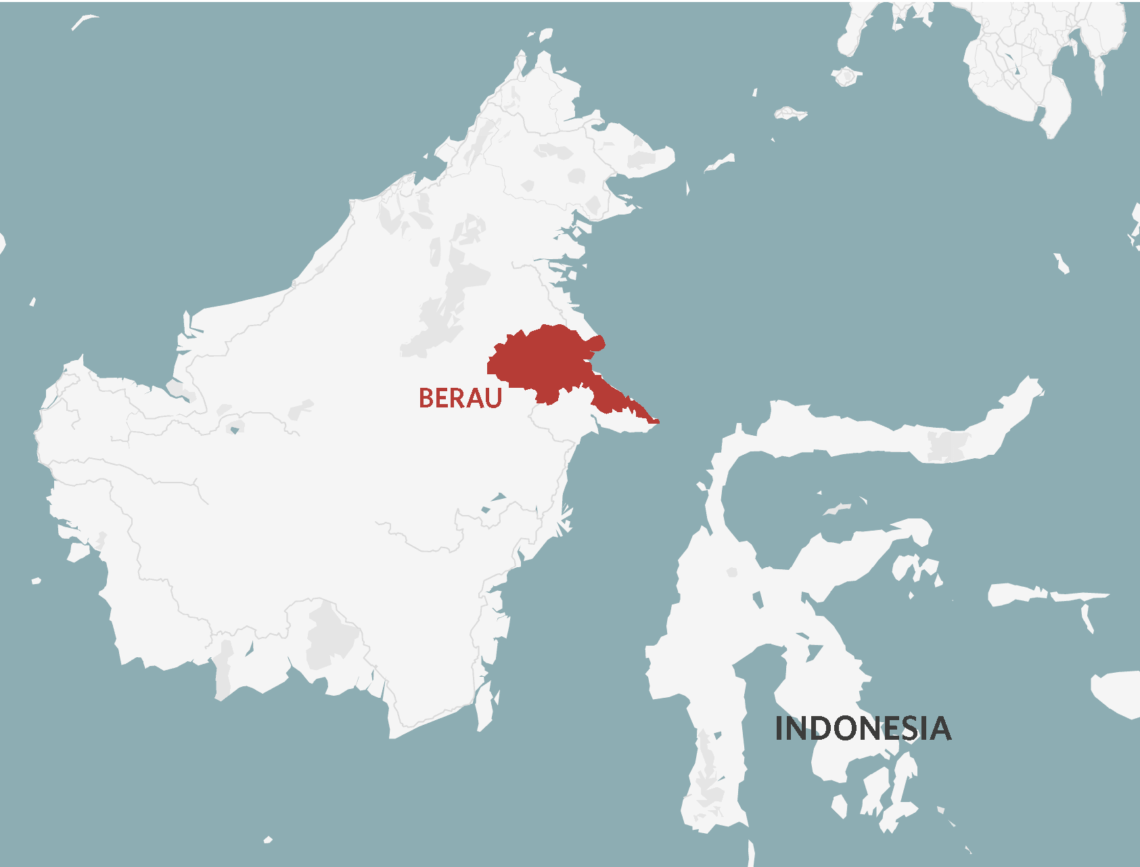There was a lag between the previous post and this one, and honestly, I am not really sure what to write today, despite having learned so much on the job this week. What I have found so far from my interviews with different CSOs are the following: Big organisations: diaspora, migrant workers, students The IDN Global is definitely a key player in establishing connections and networks across countries, cultures, and citizenship/migration statuses. They have the objective of promoting the dual citizenship policy. This goal helps establish formal and informal networks with Indonesians of all backgrounds. However, when it comes to…
-
-
Yesterday I met with Jacquie and Uli – mentor and fellow mentee of Sun Walking’s REMS Leadership Program, respectively. Uli comes from a completely different background. He is passionate about plants as a micro subject and humans’ relationship with nature as a macro subject. Speaking about bird migration and agrotourism in Costa Rica made me think about the importance of understanding the ecosystem of the population that you are interested in. So much of what we can do to help a population thrive comes down to paying attention to the details: what is the ecosystem that they are part of? …
-
Hello readers, I am planning to post weekly about my current interest in Indonesian migration and return. This is an idea that an advisor suggested so that I stay true to my career goal. I am hopeful that I can remain consistent because it’s set in my Reminder app. Why Indonesian Migration and Return? This year I have focused more on Indonesian migrants’ education and livelihood options. Taking a class with Professor Fernando Reimers on “Educational Innovation and Social Entrepreneurship in Comparative Perspective” gave me the opportunity to explore Indonesian migrants’ educational experiences in Taiwan and the gap in migrant…
-
This is a birthday present for a dear friend. Bun, hidup berjalan seperti bajingan Seperti landak yang tak punya teman Ia menggonggong bak suara hujan Dan kau pangeranku, mengambil peran Mum, life goes on like a bitch Like a friendless porcupine, It howls like the sound of the rain And you are my prince, taking on the mantle Bun, kalau saat hancur ku disayang Apalagi saat ku jadi juara Saat tak tahu arah kau di sana Menjadi gagah saat ku tak bisa Mum, if I am loved when I’m broken It’s even more when I am a winner When…
-
One of the great joys of teaching online is the magnificent encounter with strangers. One of my pair of students is a philosopher and a linguist from one of the best universities in the world. I thoroughly enjoy every single one of the class because of how utterly intriguing their questions are. Recently the philosopher asked me about the functions of the Indonesian prefix ter-. When paired with a verb, there are three main functions of this prefix: Stative: it describes a state or a situation as it is Buku ini terletak di meja. The book lies on the table. (the…
-
Introduction The catalyst for the end of the world according to Blindness is an epidemic of blindness. This contagious infection differs from the common pandemic plague in apocalyptic literature. Unlike the bubonic plague in Camus’s La Peste, blindness does not kill the infected. It merely cripples. Nevertheless, the result of this defect is still horrific. When blindness begins to spread, there is a pandemonium of men trying to avoid the contaminated and of men trying to cope with not seeing. In order to prevent blindness from spreading, a vague governmental figure isolates the contaminated people in a derelict mental asylum.…
-
A memória de casa veio de formas inesperadas depois de muitos anos vivendo em outro lugar. Me visitou numa noite tranquila, como uma pinha que subitamente caiu em cima da cabeça minha. Visitou em uma imagem de um cachorro falante, não real, por ele foi um desenho animado, gordo e de gravata. Estava falando em uma fazenda, e parece-me que eu o conheço, mas quem, exatamente, foi cachorro? Parece que foi saído da minha infância… Me lembro. Roger, se chama. Sim, naquela noite, com a luz fraca de lâmpada, examinei minuciosamente esta lembrança vaga, como descascar uma cebola. A história…
-
Tell me why you called me yours and remind me of the divine daughtership of a father who never left for another woman Remind me of a lover’s touch that marks one’s soul with full abandon yet without abandonment, leaving her blameless — a clean slate.
-
You would think the first colour To pluck out of the palette Would be a salty odour Besides a mermaid’s palate; But the sea is barely blue Instead, she’s a continuum Of yellows to greenish hues Hundreds of yarn on a loom How does the eye fail to see The minuscule lines of light Tracing the crevices of the sea? It‘s only dawned on my sight With the strokes of this sprite
-
The Bangka-Belitung province is located east of South Sumatra and it is easily accessible by plane from Jakarta. Return flights tend to cost just over Rp 1,000,000 and if you want to reduce that carbon footprint (which I am very guilty of), there is a boat (PT Pelni Lawit)that leaves twi ce a month from Tanjung Priok port in Jakarta to Tanjung Pandan, the main city of Belitung. I heard that it’s cheap to go by boat, but not many people know about it. I suggest looking into PT Pelni Lawit website for more information about the price and the…


